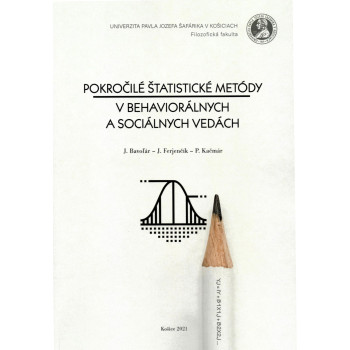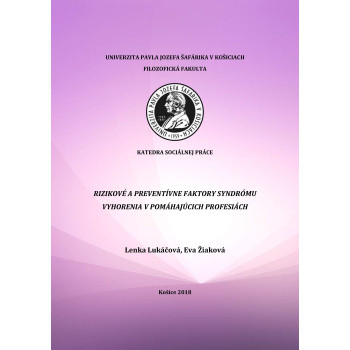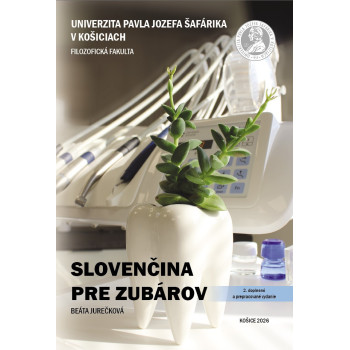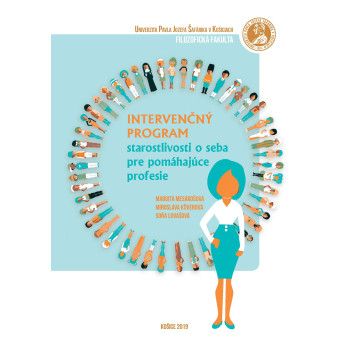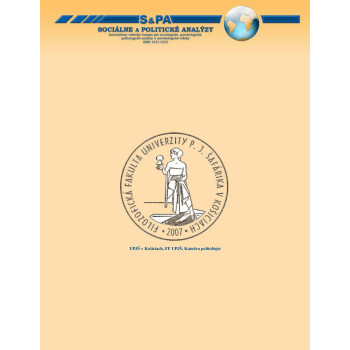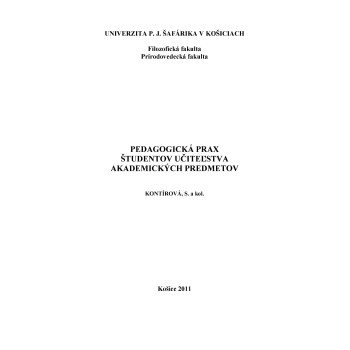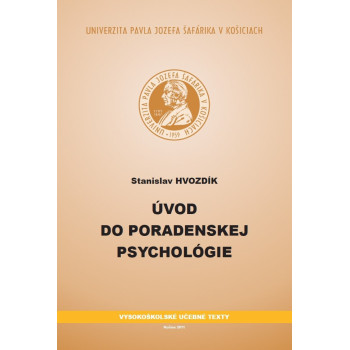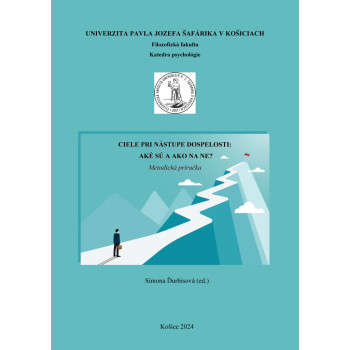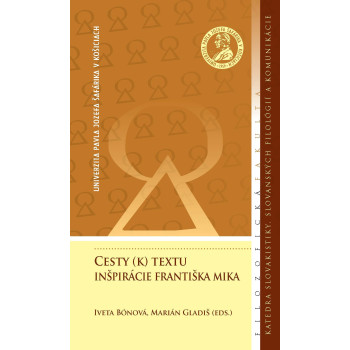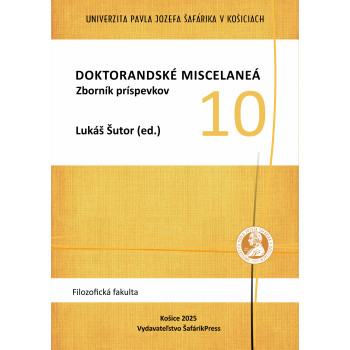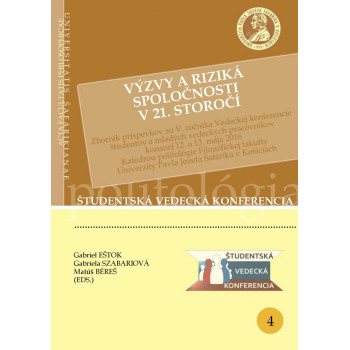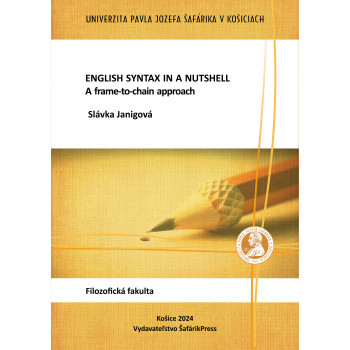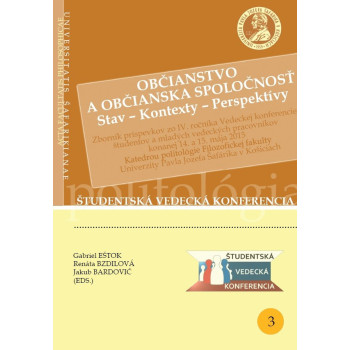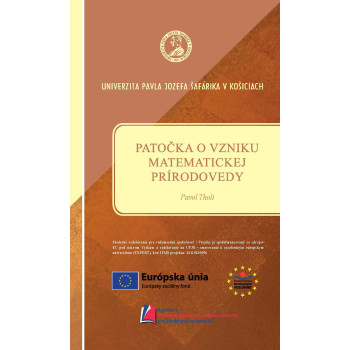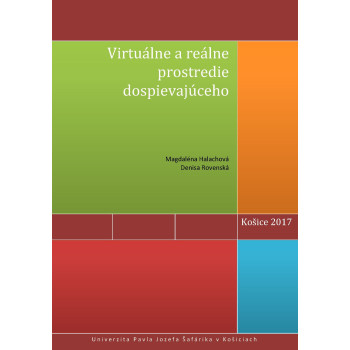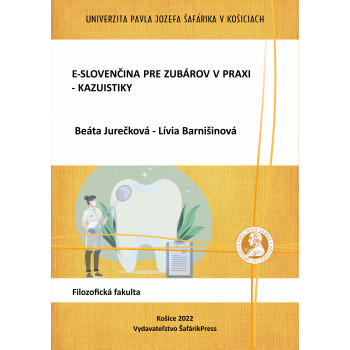
Pokročilé štatistické metódy v behaviorálnych a...
Jozef Bavoľár - Ján Ferjenčík - Pavol Kačmár
Učebnica pokročilých štatistických metód v behaviorálnych s sociálnych vedách je určená študentom týchto vied, ako aj tým, ktorí sa vo svojej výskumnej praxi stretávajú s riešením stredne náročných výskumných otázok, pre zvládnutie ktorých nie je postačujúca znalosť základných štatistických metód. Učebnica na nich stavia, jej jadro však tvoria štatistické metódy, ktoré sa sústredia najmä na zachytenie multivariačných vzťahov. V úvodnej kapitole sú uvedené základné princípy testovania nulových hypotéz ako základ uvádzaných metód, pričom sú zohľadňované najnovšie trendy zamerané na otvorenosť a replikovateľnosť výskumov. Každá z nasledujúcich kapitol je venovaná vybranej metóde, prípadne skupine metód. V úvodných kapitolách sú to lineárna a logistická regresia, na ktoré nadväzuje sledovanie mediačných a moderačných efektov. Druhý veľký celok tvoria metódy skupinového porovnávania, kde sú vysvetlené rôzne alternatívy analýzy rozptylu (jednovchodná, viacvchodná, pre nezávislé výbery, opakovaná, zmiešaná), ich neparametrické alternatívy, multivariačná analýza rozptylu a analýza kovariancie. V záverečných kapitolách sú najprv prezentované dve metódy zachytávajúce podobnosti či vzťahy medzi objektmi (zhluková analýza, faktorová analýza), následne sú uvádzané princípy modelovania štrukturálnymi rovnicami. V každej kapitole je po vysvetlení účelu metódy a jej základných princípov demonštrované jej použitie na konkrétnom príklade, ponúkané sú aj návody pre výpočet v troch štatistických programoch – SPSS, Jamovi a JASP. Snahou autorov je poskytnúť učebnicu, kde záujemcovia aj bez hlbšieho matematického základu budú schopní porozumieť prezentovaným štatistickým postupom, zvoliť si pre nich ten najvhodnejší, a následne ho aj použiť na svojich dátach.



